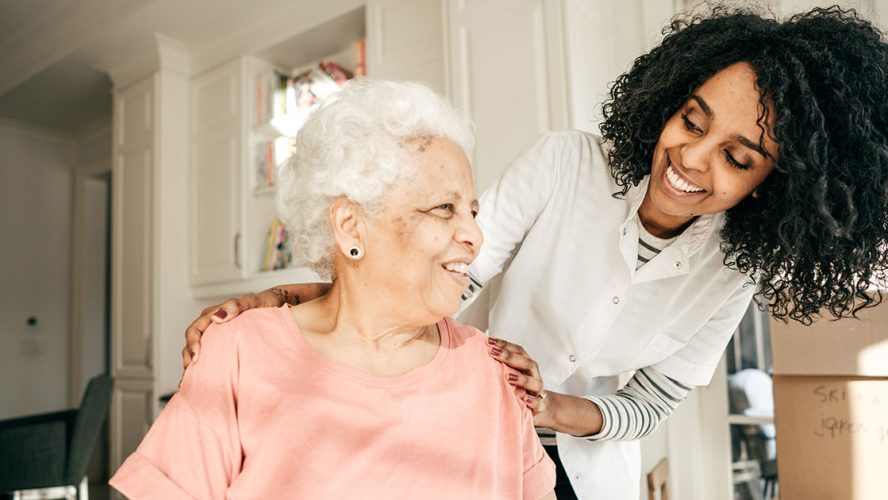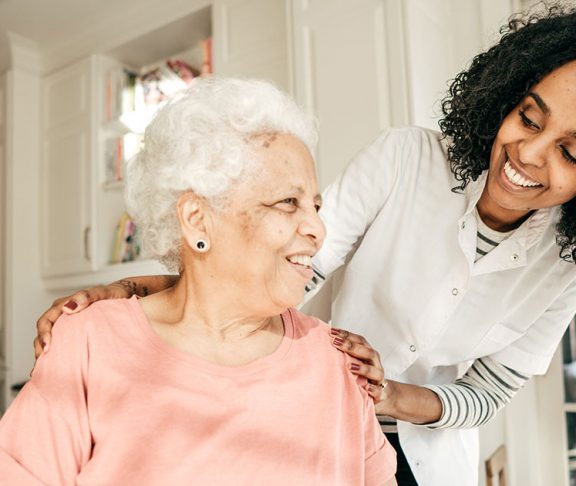Imagine you were offered a job that required you to be on-site 24 hours a day, seven days a week, 365 days a year, with no holidays — would you take it? Of course not. But this is the reality for millions of Alzheimer’s disease and dementia caregivers across the country. As researchers work tirelessly for a cure, we must not forget the individuals at the battle’s front lines — the caregivers.
The demand on women
While numbers of the incidence of Alzheimer’s are staggering, equally as shocking are statistics about caregivers. Every 65 seconds someone is diagnosed with Alzheimer’s, but during that same time, someone becomes a caregiver. And that someone is likely to be a wife or daughter. Because, while brain disease doesn’t discriminate, caregiving does.
Two-thirds of caregivers are women, and, more specifically, more than one third are daughters. These caregivers provide an estimated 18.5 billion hours of unpaid care, and endure the brunt of the financial burden associated with caring for someone with brain disease. Pair this with the feeling of isolation and guilt most caregivers report, and it’s no wonder they often pass away before their loved one or experience substantial emotional and physical difficulties.
An emotional burden
I felt firsthand the unfathomable role of a caregiver when I became one to my grandmother. She didn’t have Alzheimer’s, but through an experience I shared with my husband, Larry Ruvo, after his father was diagnosed with the disease, I realized the burden and challenges are the same for all caregivers.
I felt a crippling sense of guilt when I couldn’t be with my grandmother, so much so that I forgot about my self-care. This was also the case for Larry’s mother, who, shortly after her husband’s passing, needed back surgery as result of ignoring her own health.
A new path
After Larry’s father passed away, we promised to keep his memory alive by starting the Keep Memory Alive foundation. Our mission is not only to fund innovative research through Cleveland Clinic Lou Ruvo Center for Brain Health, but to also provide the resources and support caregivers so desperately need. The Center’s renowned social services program provides an expanding array of no-cost services and educational programs that help caregivers find balance.While we all are devoted to finding a cure for patients, we must be as relentlessly committed to support, share our knowledge with, and guide caregivers as they navigate through the extraordinary challenges of brain disease. We must change this narrative.
Camille Ruvo, Co-Founder and Vice-Chairman, Keep Memory Alive, [email protected]

